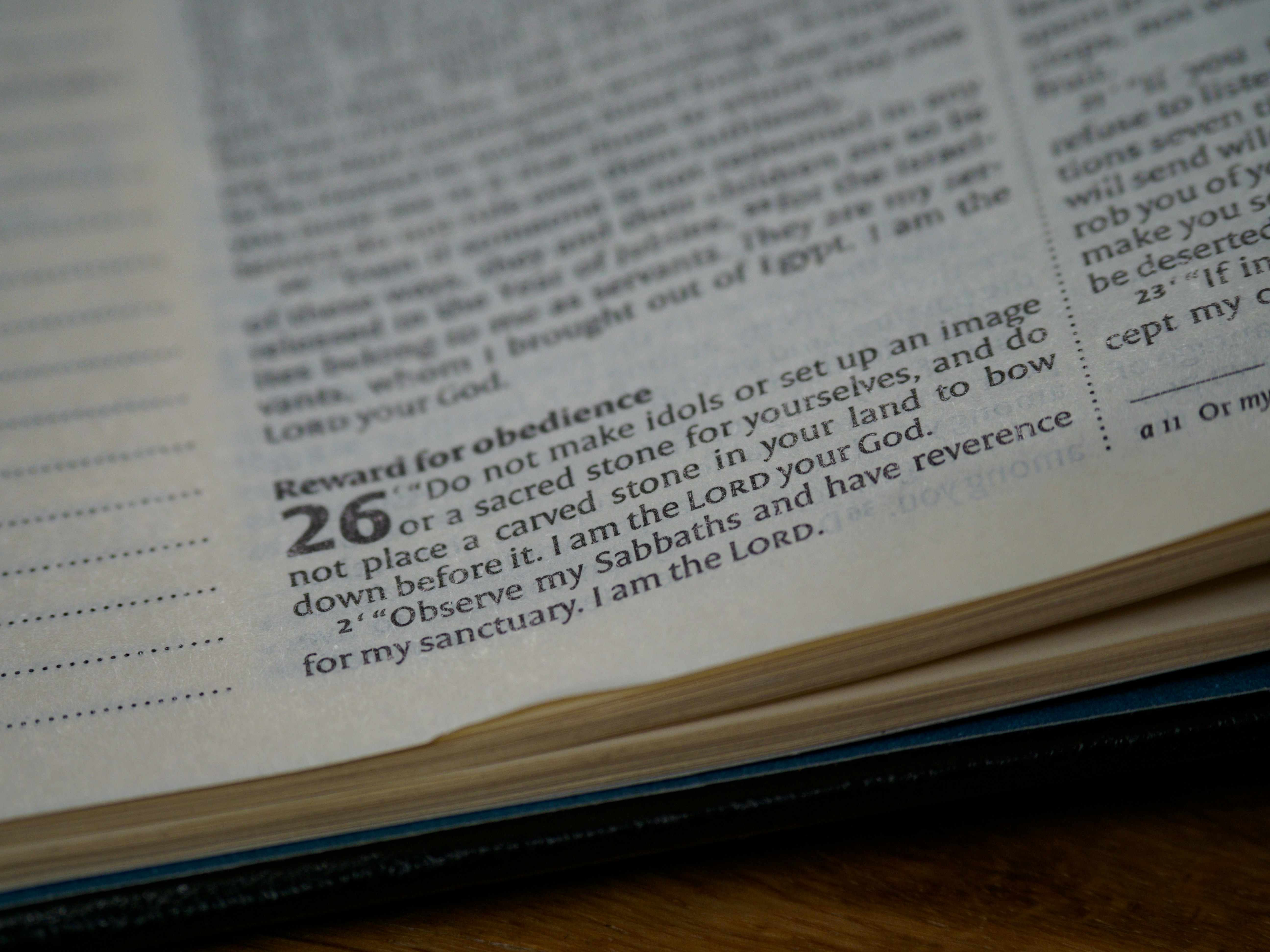The Consequences of Oppressing the Poor in Life

The Meaning of Proverbs 28:3 NKJV
In Proverbs 28:3 NKJV, it states, “A poor man who oppresses the poor is like a driving rain which leaves no food.” This verse is a powerful reminder of the consequences of oppressing those who are already in a disadvantaged position.
The Significance of Oppressing the Poor
Proverbs 28:3 highlights the irony and injustice of a poor person oppressing others who are also poor. It likens this behavior to a driving rain that destroys crops, leaving no food for sustenance. This analogy emphasizes the detrimental impact of such actions on the well-being and livelihood of the oppressed.
Understanding the Message
This verse serves as a moral lesson, reminding us of the importance of compassion, empathy, and fairness towards others, especially those who are less fortunate. It warns against the temptation to exploit or take advantage of those who are already struggling.
By comparing the oppressor to a driving rain, the verse paints a vivid picture of the destructive force of their actions. Just as a heavy downpour can wash away crops and leave the land barren, the oppression of the poor can lead to dire consequences for both the oppressor and the oppressed.
Implications for Society
Proverbs 28:3 speaks to the broader societal implications of mistreating the poor. When those who are already impoverished are further oppressed, it perpetuates a cycle of poverty, inequality, and social injustice. This verse reminds us of the importance of breaking this cycle and working towards a more equitable society.
It calls for a society that uplifts and supports its most vulnerable members, rather than exploiting them. By doing so, we can create an environment where everyone has equal opportunities to thrive and succeed.
Applying Proverbs 28:3 in Our Lives
As individuals, Proverbs 28:3 challenges us to examine our own actions and attitudes towards those who are less fortunate. It prompts us to reflect on how we treat others and whether we are contributing to their well-being or perpetuating their hardships.
We should strive to be compassionate, kind, and understanding towards those who are struggling financially. Instead of oppressing or exploiting them, we can offer support, assistance, and opportunities for growth.
Furthermore, this verse encourages us to advocate for social justice and equality in our communities. We should work towards creating systems and structures that uplift the poor and provide them with the resources and opportunities they need to improve their circumstances.
The Power of Empathy and Compassion
Proverbs 28:3 reminds us of the power of empathy and compassion in transforming lives and building a more just society. By understanding the struggles of the poor and extending a helping hand, we can break the cycle of oppression and foster a culture of care and support.
When we recognize the inherent worth and dignity of every individual, regardless of their socioeconomic status, we can work towards a world where everyone has access to the resources and opportunities they need to thrive.
Conclusion
Proverbs 28:3 NKJV serves as a poignant reminder of the consequences of oppressing the poor. It calls us to examine our own actions and attitudes towards those who are less fortunate, and to strive for a society that values compassion, empathy, and social justice.
By heeding the message of this verse, we can contribute to a world where the driving rain of oppression is replaced with the nourishing rain of kindness, equality, and opportunity for all.




Leave a Reply
You must be logged in to post a comment.